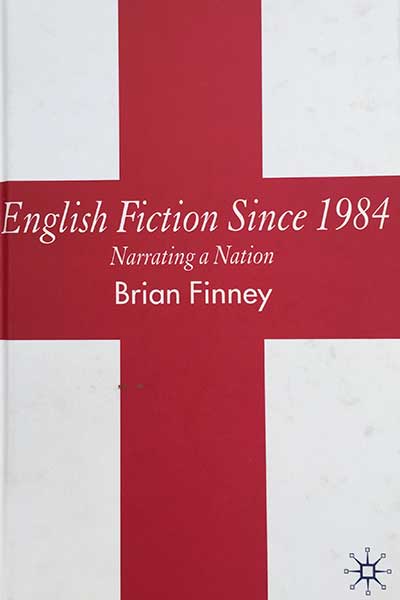
This book analyses in depth one key novel written by each of eleven English writers who dominated the 1980s and 1990s.
Between them they changed the shape of British fiction with their innovative methods of narration and their appeal to an international readership. Many of them looked abroad for inspiration - Amis admired Bellow and Nabokov, Barnes looked to Flaubert and the French novelists, while Rushdie was raised as a trans-national citizen of the world. The vision of these writers was global compared to the provincial outlook of most British novelists since World War Two. This widening of the British novel's interest ran parallel to Britain's embrace of multinational capitalism under Margaret Thatcher. The period of late modernity compelled these writers to seek out new ways of narrating it. Confronted with a world threatened by nuclear destruction, most of these novelists rejected the notion of a unified personality and played with the poststructuralist notion of multiple selves. The book is divided into three sections: History, Modernity and Metafiction (Ackroyd, Barnes, Amis, Byatt McEwan); National Cultures and Hybrid Narrative Modes (Rushdie, Kureishi, Ishiguro); and Narrative Constructions of Identity (Carter, Winterson, Swift).
Building on existing surveys of contemporary English fiction, this timely book focuses on key novels by eleven major English novelists who have broken in different ways from the realist British novel of the postwar period without losing their broad appeal among readers. These writers have reacted to the Thatcherite revolution that thrust Britain into the modern world of multinational capitalism by giving unusual fictional shape to the impact of global events and culture, and by experimenting with innovatory narrative modes and fictional techniques to represent the changing world in which they find themselves. This book should be of wide interest to students and instructors of contemporary fiction.
The novels analyzed are: Angela Carter’s Nights at the Circus, Peter Ackroyd’s Chatterton, Salman Rushdie’s The Satanic Verses, Hanif Kureishi’s The Buddha of Suburbia, Martin Amis’s Time’s Arrow, A. S. Byatt’s Angels and Insects, Jeannette Winterson’s Written on the Body, Graham Swift’s Last Orders, Julian Barnes’s A History of the World in 10 ½ Chapters, Kazuo Ishiguro’s When We Were Orphans, and Ian McEwan’s Atonement.
